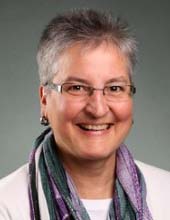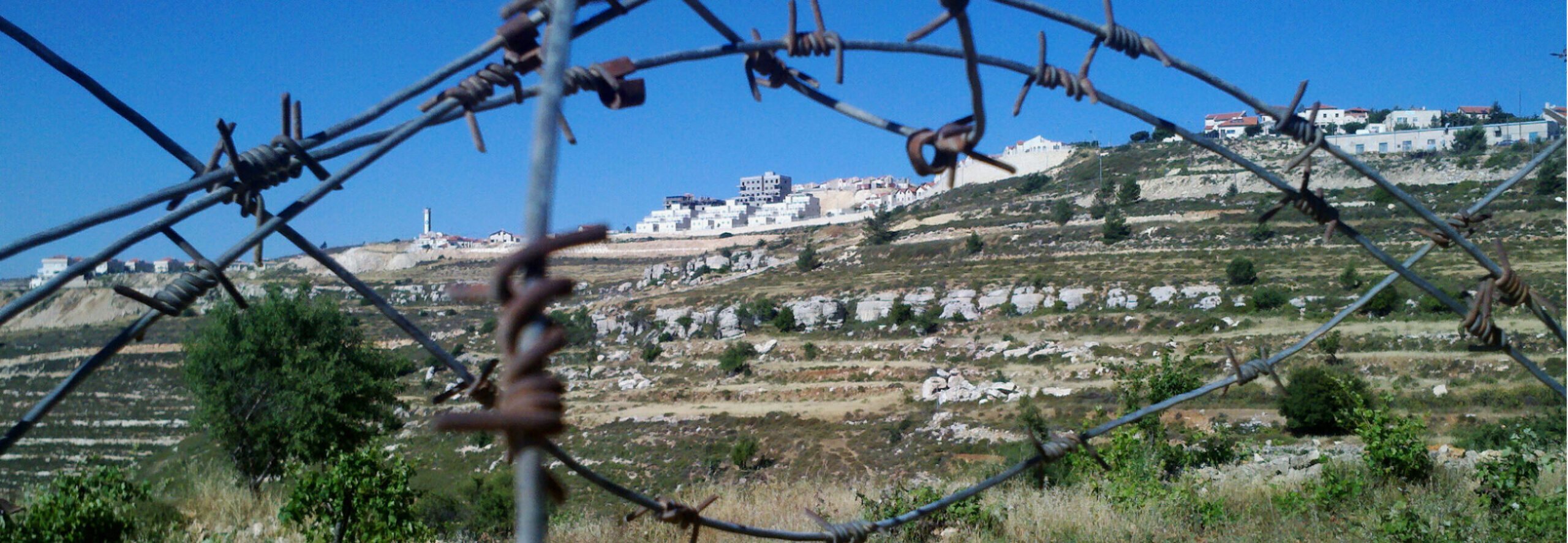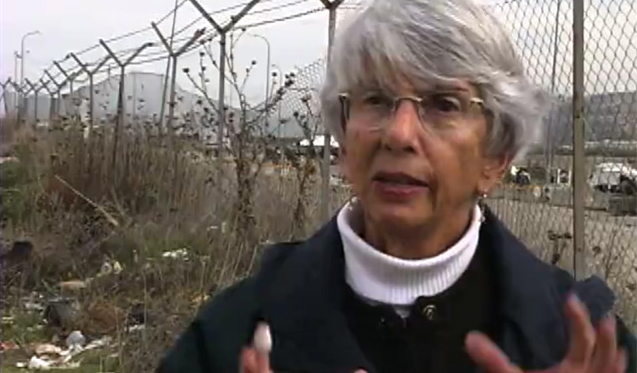Sunday, September 25, 2016, 2:00 p.m.
The Little Theatre, #5
240 East Ave Rochester, NY 14604
Filmmaker: Tom Hayes
Film Type: Documentary
Length: 99 min.
Language: English; some Arabic and Hebrew with English sub-titles
Production company: Permit Productions
Shot over a period of 25 years, Two Blue Lines examines the human and political situation of the Palestinian people from the years prior to the creation of Israeli to the present day.
This documentary explores the passionate dispute among Israeli citizens about their government’s Occupation of Palestine. The film deftly splices together dueling creeds and the result is electrifying, because it’s a split so rarely displayed on U.S. screens. Zionist “settlers” claim all of historic Palestine, asserting variously: “This is our territory returned by God”; “The Arabs are trespassers in the land of Israel: it’s not their country”; “This [land] is ours in every sense of the word”; It’s a “Jewish and democratic state.” Human rights’ advocates counter such maxims, deploring the contradiction between a “Jewish” state —with “Apartheid” privileges for Jews in an “ethnocracy”— and a democracy with equality for all.
Hayes grounds this drama in history, with clips from archival newsreels describing the Israeli’s founding. The film reveals that in 1948 Israel expelled 718,00 of 850,000 Palestinians, destroying two-thirds of their villages. It cites International Law: UN Resolution 194 establishes the Palestinians’ Right of Return to their homes and the Fourth Geneva Convention outlaws “collective punishment” including Israel’s home demolitions, theft of water and other resources, torture, humiliation, and murder.
Source: imdb.com and Mondoweiss
Panelists
Melanie Duguid-May

Melanie Duguid May is the John Price Crozer Professor of Theology at Colgate Rochester Crozer Divinity School.
Melanie Duguid-May’s work is engaged critical and embodied theological thinking for the 21st century. Her research interests include new ways of being the church in the global movement of Christianity, the role of religion in violence and peacemaking, images of women in Christian tradition and implications for public policy, LGBTi theology and human rights, the faith and life of Palestinians living in occupied territories.
Among her many published books is the work, Jerusalem Testament: Palestinian Christians Speak, 1988-2008.
Melanie will join us in person at The Little Theatre.
Areej Masoud

Areej Masoud is a native of Bethlehem, Palestine and currently works as the Communication and Administrative Officer for Kairos Palestine, where she liaisons, networks and oversees communications with churches, organizations and donors. She has previously worked with Seeds of Hope in Jericho and as a religious studies teacher in 7-10 grades in Jerusalem. She completed a Religious Studies and Psychology degree at Bethlehem University in 2013 and has done courses of study at Diaconal College in Denmark and in Greece through Georgetown University. She speaks Arabic, English and a bit of French. She has training in international human rights, international humanitarian law and conflict resolution. She has lead workshops and been a speaker on the Kairos Document in Norway and the United States. She is a member of the Palestinian Youth Ecumenical Movement (PYEM).
Areej will join us in person at The Little Theatre.


